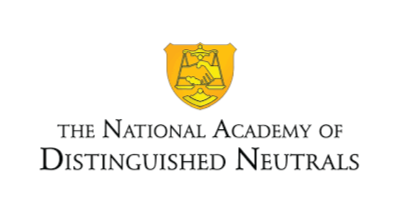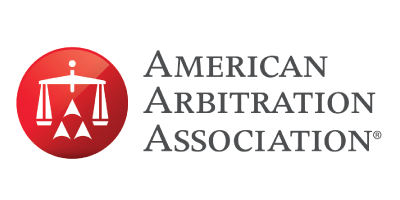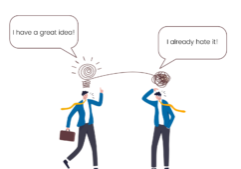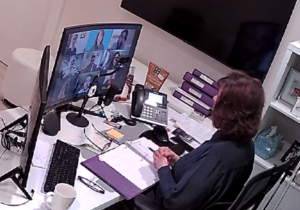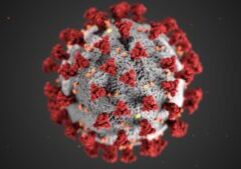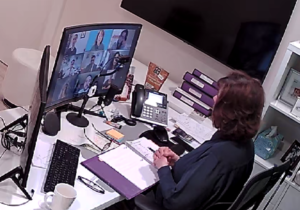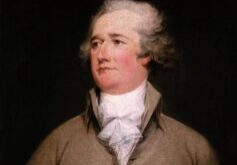Better Mediation Through Chemistry
by Judge Elaine Gordon (ret.)

Elaine Gordon is a retired Superior Court judge and founder of Gordon ADR. She is a member of the National Academy of Distinguished Neutrals and a Distinguished Fellow of the International Academy of Mediators.
A Note from Judge Gordon
My column this month is inspired by the discussions my colleagues and I, in the International Academy of Mediators, have been having about how brain chemistry and its effect on behavior impact success at the mediation table.
Although it feels, at times, like the holidays just ended, here comes the holiday season once again. I hope you will find the time to relax and enjoy family and friends during this wonderful time of year.
As is our custom, Gordon ADR is making its annual donation to the Connecticut Food Bank in honor of all the lawyers and staff we were privileged to serve this year. Please keep in mind those less fortunate as you celebrate the Thanksgiving holiday.
Mediation is a process, not an event!
In the past, I have written about the importance of empathy, reciprocity, and conversation as tools to a successful mediation. The reason these and other elements are so important in mediation can be attributed to the unconscious effect these behaviors have on our brain chemistry.
Considerable research has linked the hormone oxytocin with collaboration and creative problem solving. When a person displays trust towards another, the person receiving the overture experiences a surge in oxytocin. If the gesture is reciprocated, oxytocin levels rise for both parties.
Increased oxytocin also triggers serotonin and dopamine in the brain. Serotonin reduces anxiety and increases feelings of collegiality.
Dopamine facilitates learning, and helps to regulate the release of hormones which are related to feelings of stress and aggression.
The need for “trust generating action” is underscored because people, caught in conflict, often start a mediation with their stress hormones already elevated. Stress hormones, like cortisol, impair judgment and increase anxiety, and are counterproductive to progress in a negotiation.
First steps in a negotiation often pave the way to settlement. Simple techniques become meaningful. An initial joint meeting, where people can reach across a table, shake hands, and exchange pleasantries takes on new meaning. Simply making the effort to be polite and respectful can have a tremendous impact on the opportunity for settlement.
In a recent case, a lawyer, faced with a highly emotional and difficult client, asked his adversary if she had any hints on how to deal with such clients. She responded with several suggestions that were very helpful. They carried this collegiality forward, and reached a settlement that seemed hopeless hours earlier.
Participants in mediation often express frustration at the length of time it takes to make progress. Our brain chemistry underscores the need to view mediation as a process, and not an event. In understanding how our brain chemistry affects behavior and interaction, we can find ways to lower anxiety and create an atmosphere which will encourage settlement.
You may also be interested in ...
